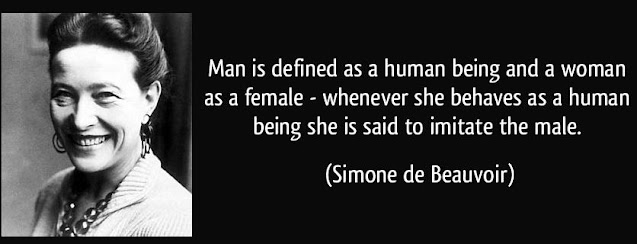My Take On The It Ends With Us Controversy
https://youtu.be/JRCqbxTsU60?si=tKY1uRVdmq6rcDZH
Hi Dragonflies,
I read It Ends With Us a week before the movie came out and it was recommended to me by my friend Gurpreet Dhariwal who has been a huge support for me when it comes to Walk Everyday May. I read the book and I enjoyed it. For me, I felt like the telling of the story between Ryle and Lily was more about seeing the relationship via the victim's eyes and that the victim was in love. When you see this kind of relationship through the eyes of others it looks very different. But I also agree with the critiques of this book and film. I saw the movie and it was ok, but I felt it didn't carry as much emotional weight as the book. I was also surprised when people I knew who weren't that interested in the topic of DV were very interested in seeing this movie. It actually made me angry that these people wanted to watch this movie because I felt like the fact that they were excited to see this film was a little insulting, but little did I realise that the way this movie has been marketed is very romantic and pretty and that I do not appreciate.
Keep in mind though that this is the only book I have read of Colleen Hoover's and if I read more of her books then I probably would have been offended by this book to some extent. It is true that an abuser would not have a redeeming moment the way Ryle Kincaid had but for me, I felt relieved by this moment with the baby. I strongly feel that this does not redeem Ryle completely but I feel relieved for the child that Ryle agree's with Lily in this moment as I want to see both parents do whats best for their child. I did not see this moment as making Ryle excused from how he treated Lily only that he was able to step up as a father and at least he could do that one good thing. This is my thoughts on the book and movie in thise case.
I did however cringe at all the sex scenes that Ryle and Lily had, it was romanticising their relationship a bit but I also saw it as seeing the relationship through the lovesick eyes of the victim. I felt that the fact that the relationship was romanticised to some extent indicated how hard it was for Lily to end that relationship. If Ryle was perceived as a bad guy all the time then I think people would be asking "Why isn't she leaving him" even more. I am more outraged about how this movie is being marketed. I mean colouring books, really?
I also feel like the director and the criticism about Ryle redeeming moment is also justified. Because from my own experience, I have never witnessed my father change positively for any reason. My father has seen me hospitalised and he still abused me and used my vulnerability to his advantage. Its common when a victim wants a relationship with their abuser, to think that they may change in a crisis but they don't. They may lie to you in that moment and pretend to be nice to suck you back into their orbit but they will go back to their normal abusive behaviour. It's when you cut emotional ties to your abuser that you are able to stay strong. My father recently tried to call me saying "I called you because I'm worried about you grieving over your Grannie." He did this a month or two after I told him to leave me alone in April. I knew exactly what he was getting at. Not only was I not convinced that he 'cared' but I was also aware that he called because he wanted me to comfort him over the loss of Grannie. I told him that I can't be what he is looking for and told him never to contact me again. That is a real moment of escaping DV.
The way this movie has been promoted by Blake Lively and Colleen Hoover is horrible but the way director Justin Baldoni is actually really excellent. He is listening to real victims of DV and promoting this movie as a way to open up necessary discussions about DV. We may not get to see a sequel of this movie but I do hope another movie about DV comes out that really helps people to see that all people need to get on board to end violence against women, intergenerational trauma and the tragic deaths of women and children.


Comments
Post a Comment